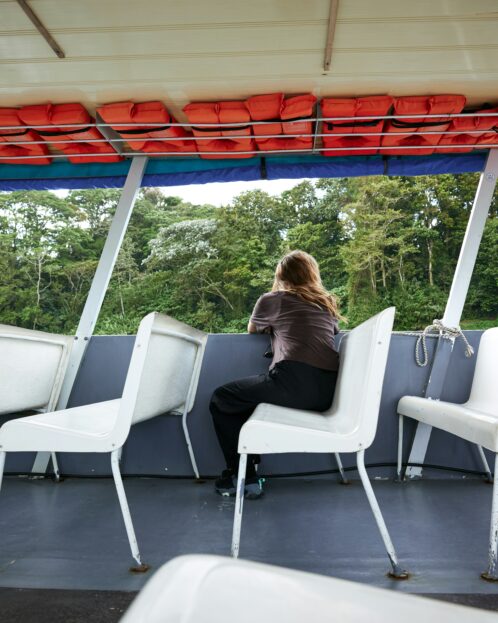Queensland
Department of Transport and Main Roads
Background
The Queensland Government regulates, contracts with, and subsidises a range of public passenger transport services including long distance air, coach and rail services. These services provide residents of 186 towns and surrounding communities with access to essential health, education and employment services as well as connect them to the national and international transportation network.
The primary tool used to manage, fund and regulate the provision of long-distance passenger services is a series of service contracts between the State and the operators of air, long distance coach and rail services. These service contracts set out the operating arrangements, minimum service levels and the funding mechanism that will apply for the term of the service contract.
The planned expiry of these contracts provided an opportunity to review the contracts to ensure that they continued to be fit for purpose and provided a suitable level of coverage across all remote communities.
Our role
In 2019, NineSquared was engaged to assist in the review of regulated air, long-distance coach and rail services. The review focussed strongly on the needs of the communities for which services were provided. To facilitate an understanding of communities and to ensure the long distance network provide sufficient coverage across regional and remote area we developed an index of transport remoteness which measured the generalised cost of travel from 136 towns in regional Queensland across driving, long distance coach, rail and air services.
The index allowed the most transport remote towns to be identified and the existing long-distance network of services to be overlayed to determine any gaps in the network. For the most remote towns, a detailed assessment of the health, education and transport services able to be accessed was undertaken to further identify towns with unmet accessibility needs. Finally, the index was used to assess the impact of alternative network structures to ensure that transport remoteness did not increase in an unintended way.
For both air services and the long-distance coach services, a series of potential service changes were developed and assessed in relation to how much it improved accessibility, financial impact, operational feasibility and potential patronage outcomes using a gravity model to forecast demand.
A range of policy issues were also considered including airline pricing practices in commercial markets, the interaction of commercial pricing with passenger subsidies and funding options for critical airport infrastructure.
Project outcomes
In addition to the engagement report, NineSquared developed a range of analytical tools and data sources as part of this project including:
- The transport remoteness index, providing a means of measuring the contribution that transportation options make to improving accessibility and reducing remoteness in a community.
- Demand forecasting model for regulated, regional air services
- A regional community databook that brought together a range of different data sources about regional towns and communities including data on socio-economic status, car ownership, long distance transport options including mode, frequency and regulatory framework.
- Data and analysis of airfares charged on both regulated, subsidised and commercial routes across Australia to determine whether commercial airfares were higher than would otherwise be expected.
Connect with our team
Contact
 Download now
Download now





 More projects
More projects